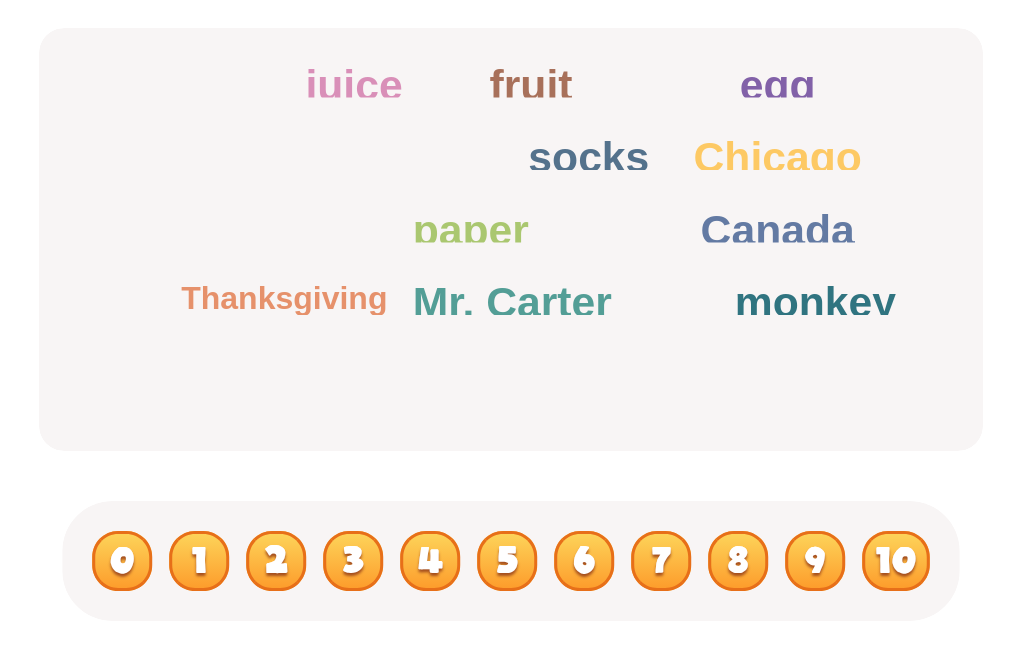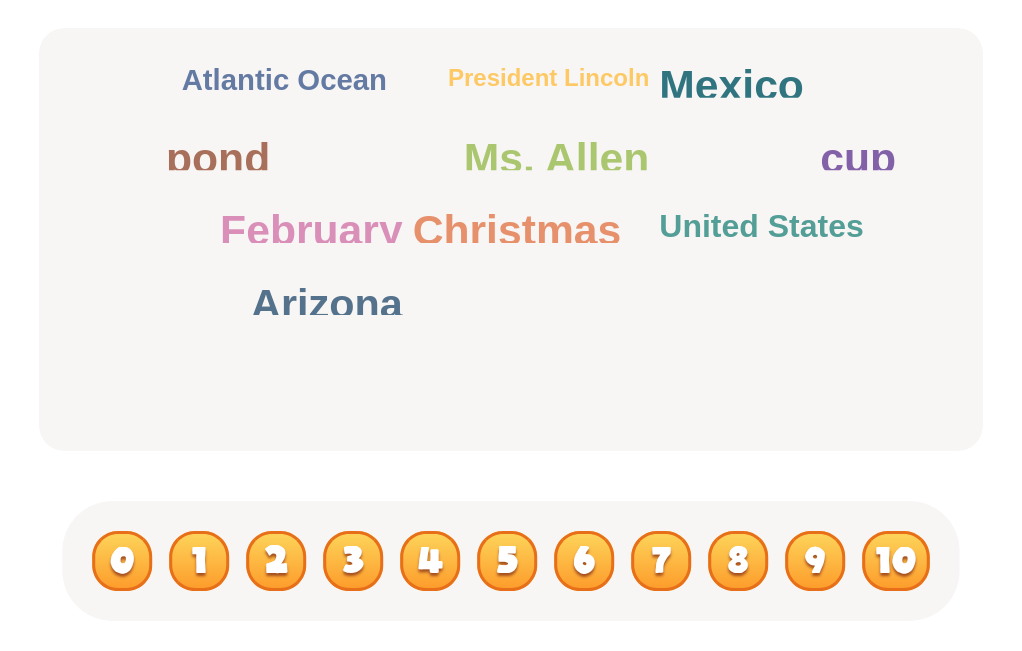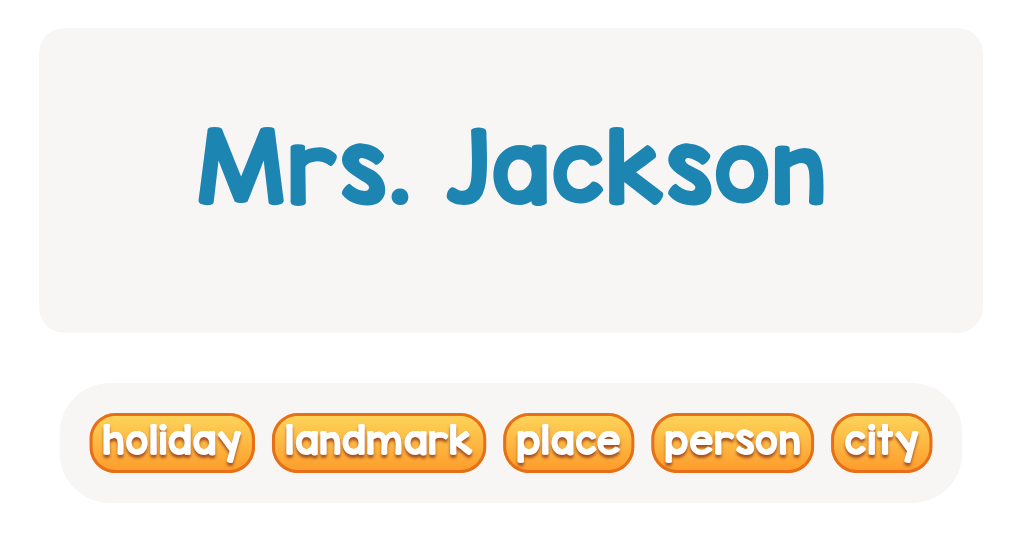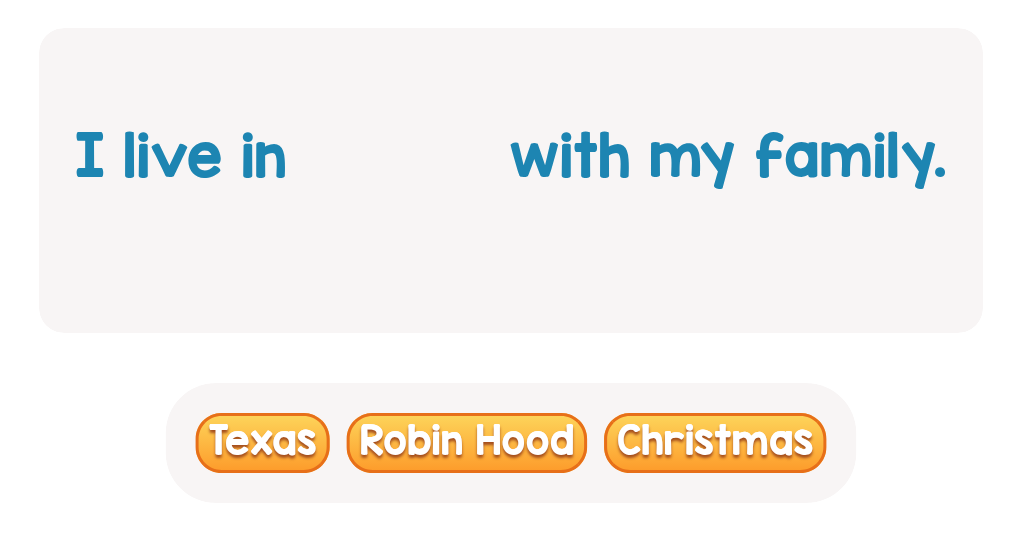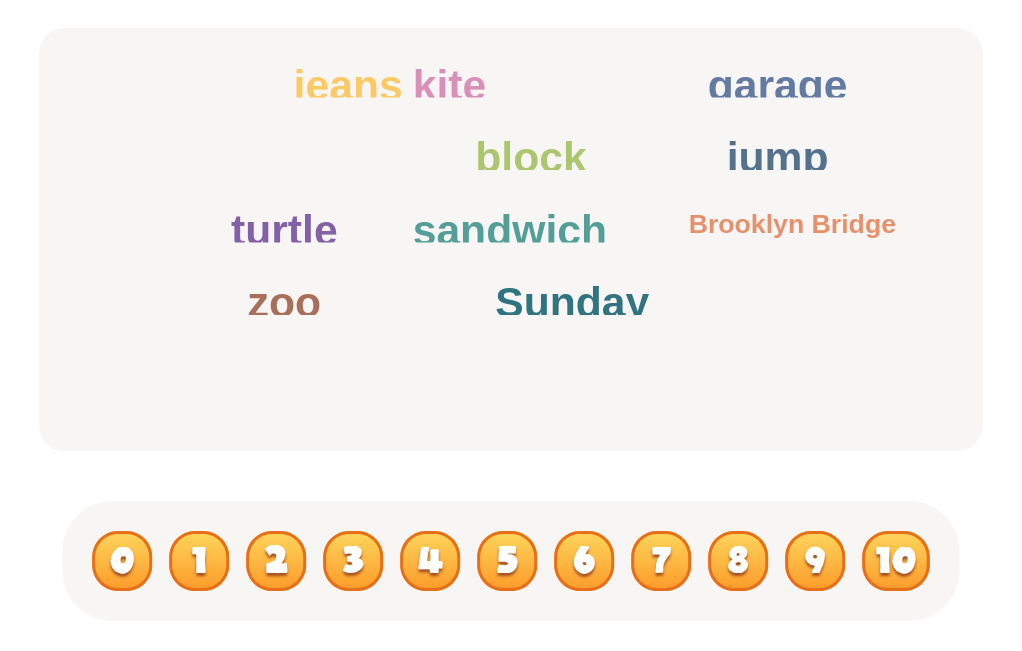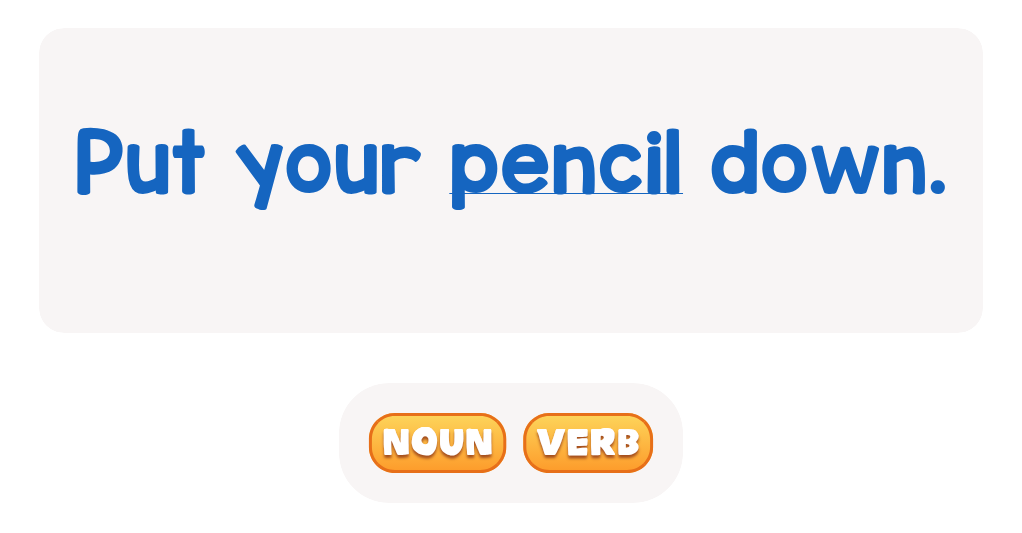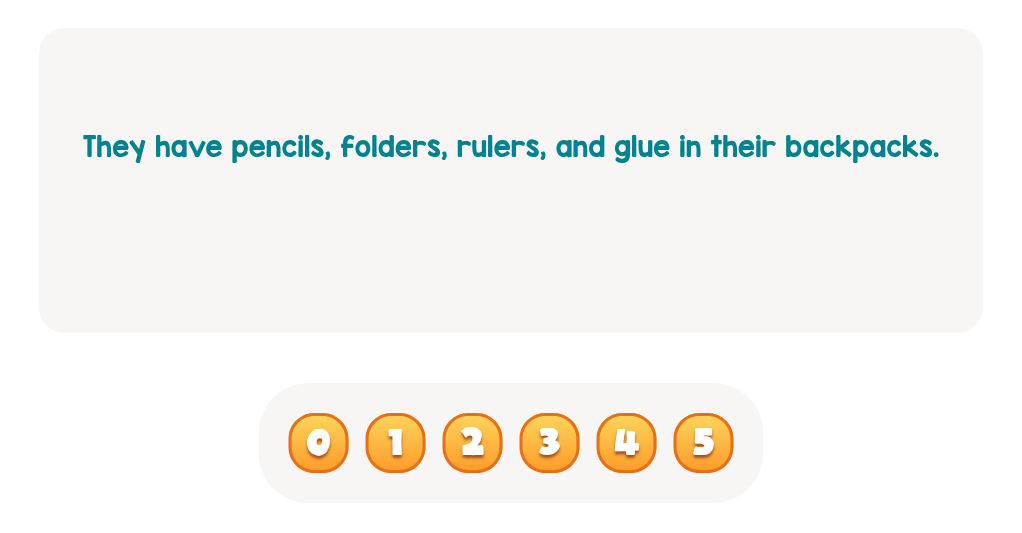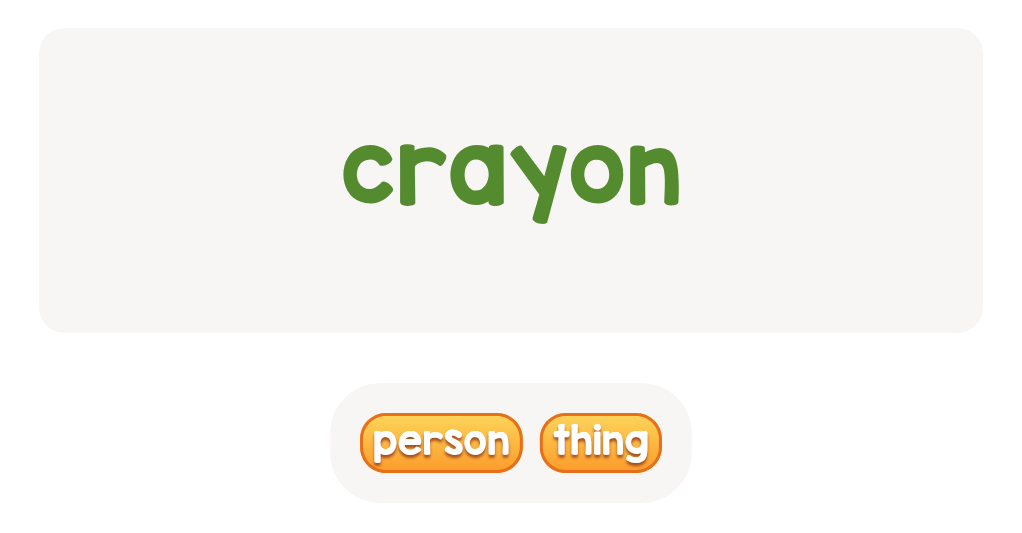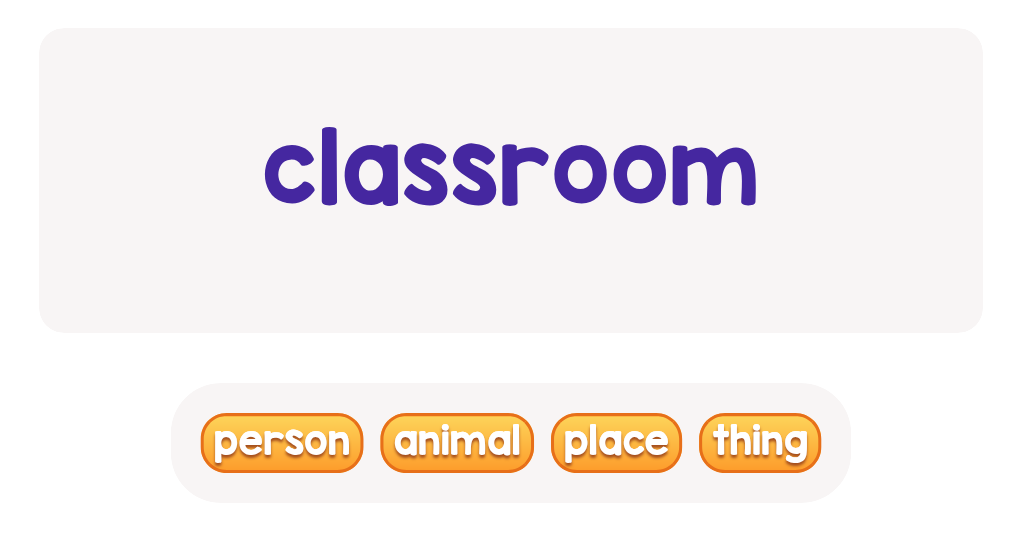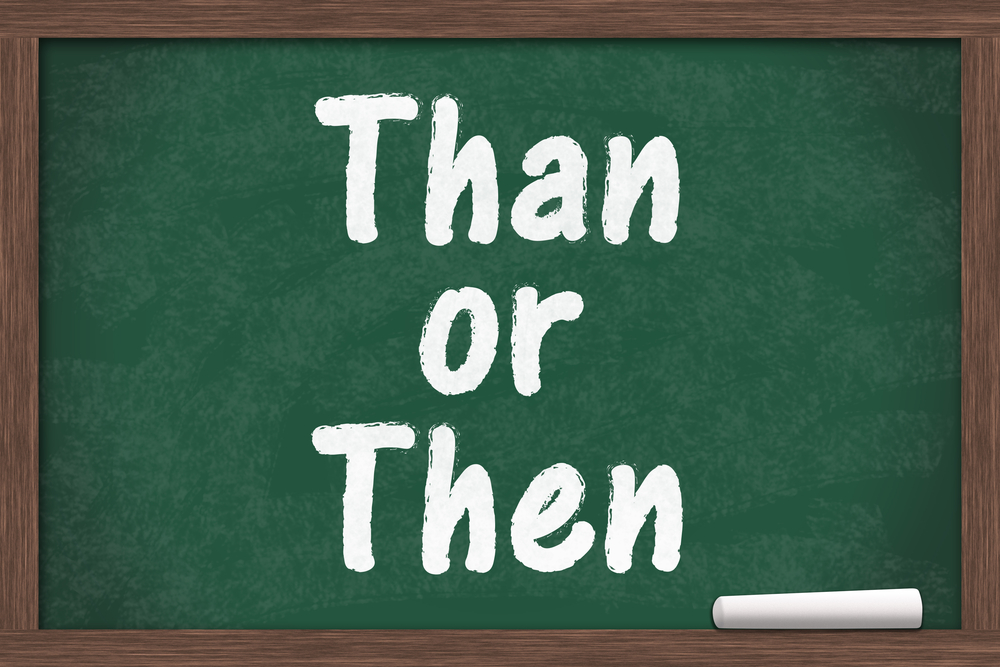Vocabulary development Grammar Worksheets for Ages 3-7
6 filtered results
-
From - To
Boost your child's language skills with our specialized Vocabulary Development Grammar Worksheets, designed for ages 3-7. These engaging and educational resources focus on expanding vocabulary while reinforcing foundational grammar concepts. Our worksheets cover a range of topics such as word recognition, sentence building, and proper word usage. Through fun activities, illustrations, and repetition, kids will learn and retain essential vocabulary that sets the groundwork for effective communication. Perfect for parents and teachers alike, these worksheets offer a practical approach to early language development, ensuring young learners build strong verbal skills from the start.
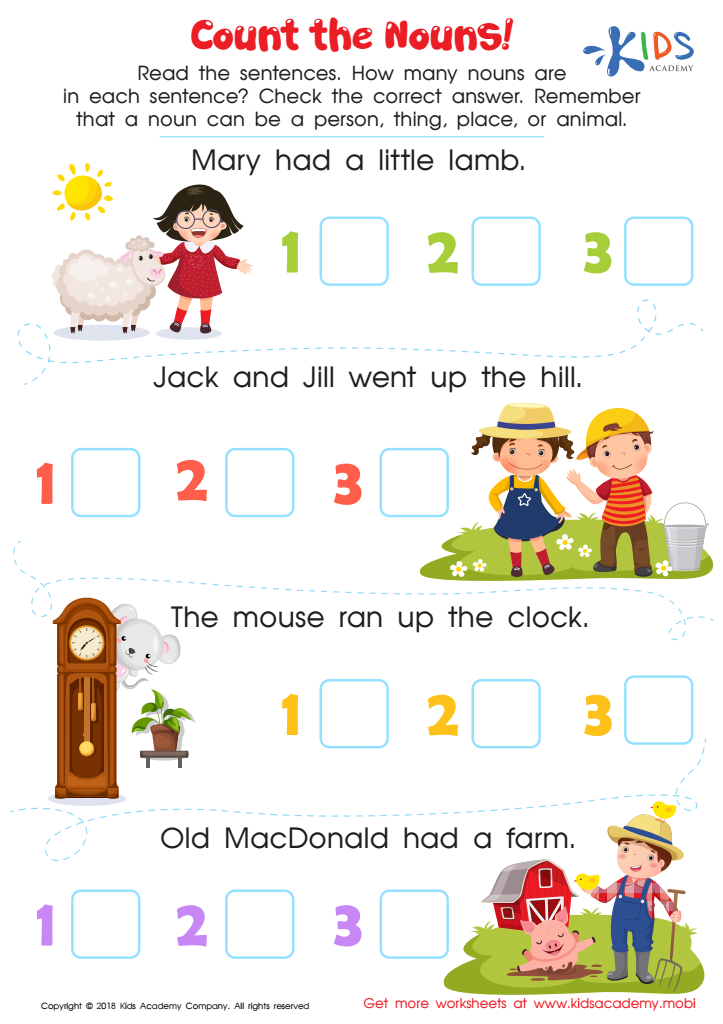

Count the Nouns Worksheet
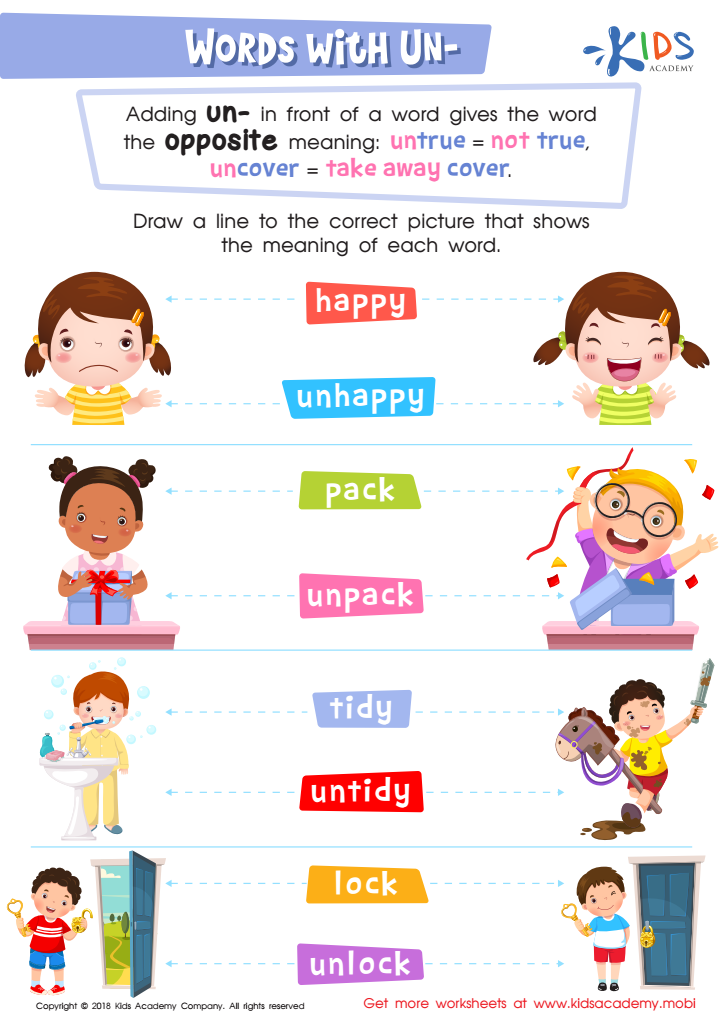

Words with Un– Worksheet
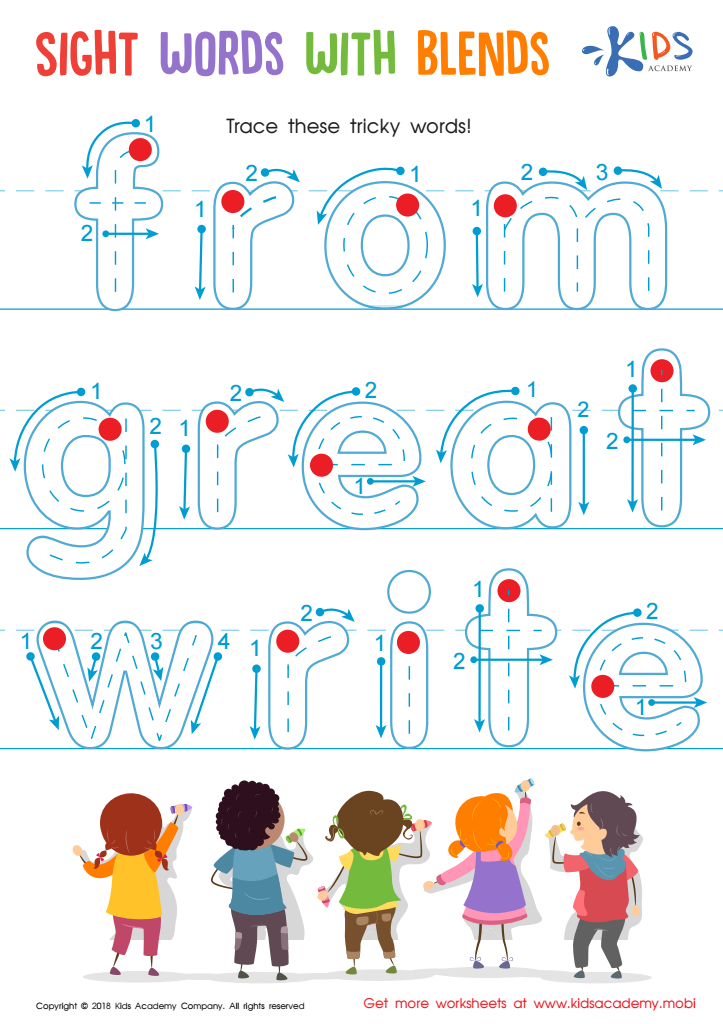

Sight Words with Blends Worksheet
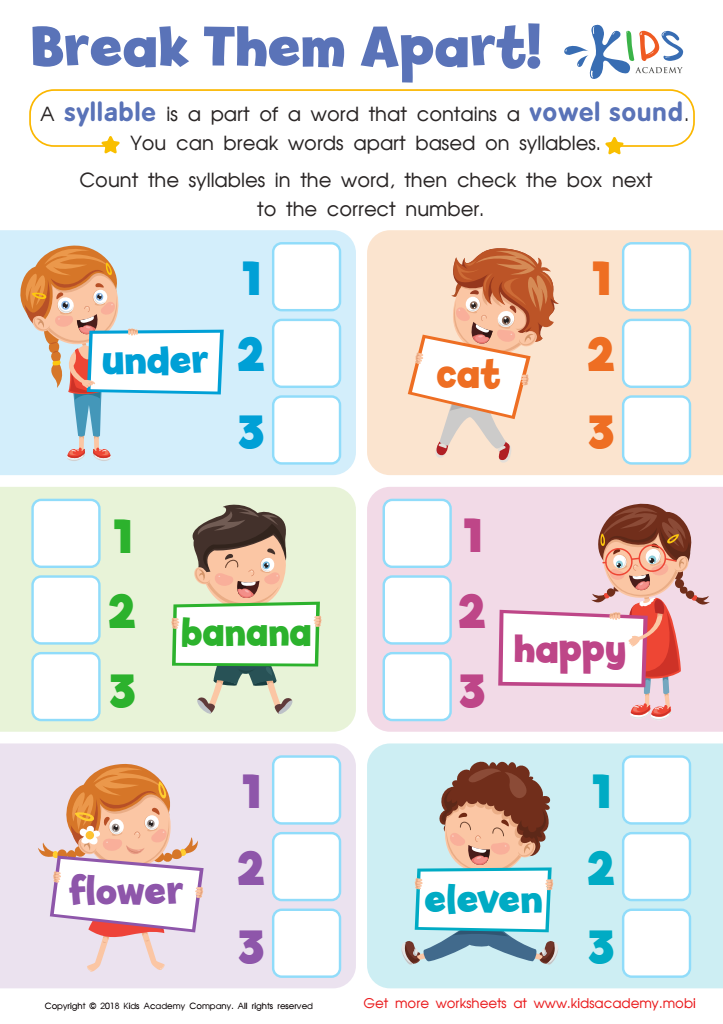

Reading: Break Them Apart Worksheet
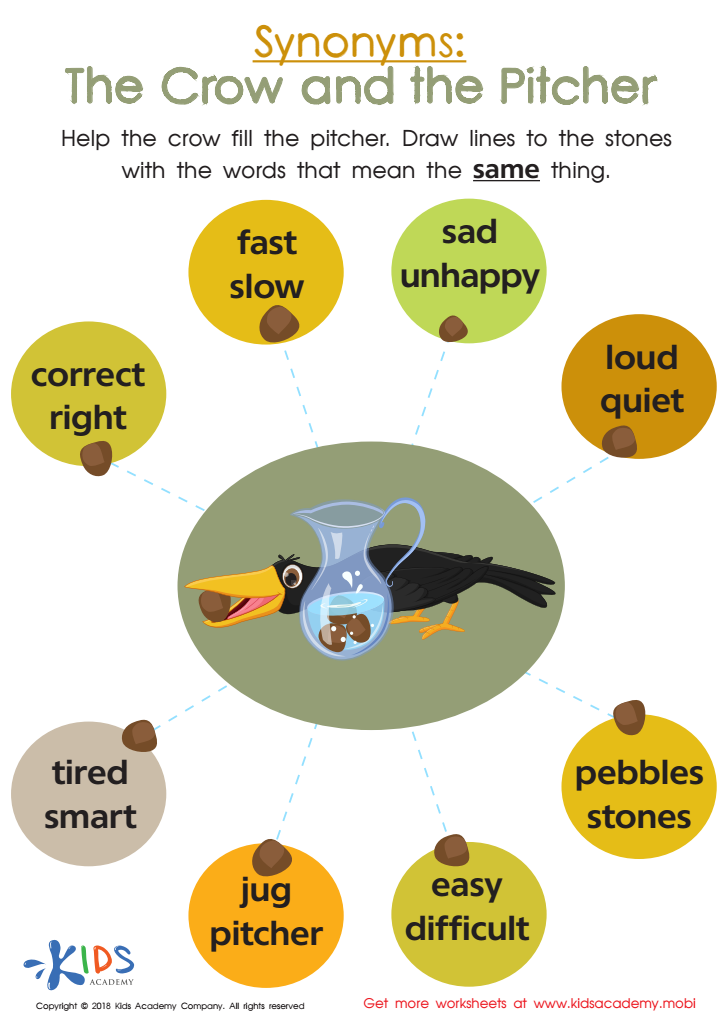

The Crow and the Pitcher Synonyms Worksheet
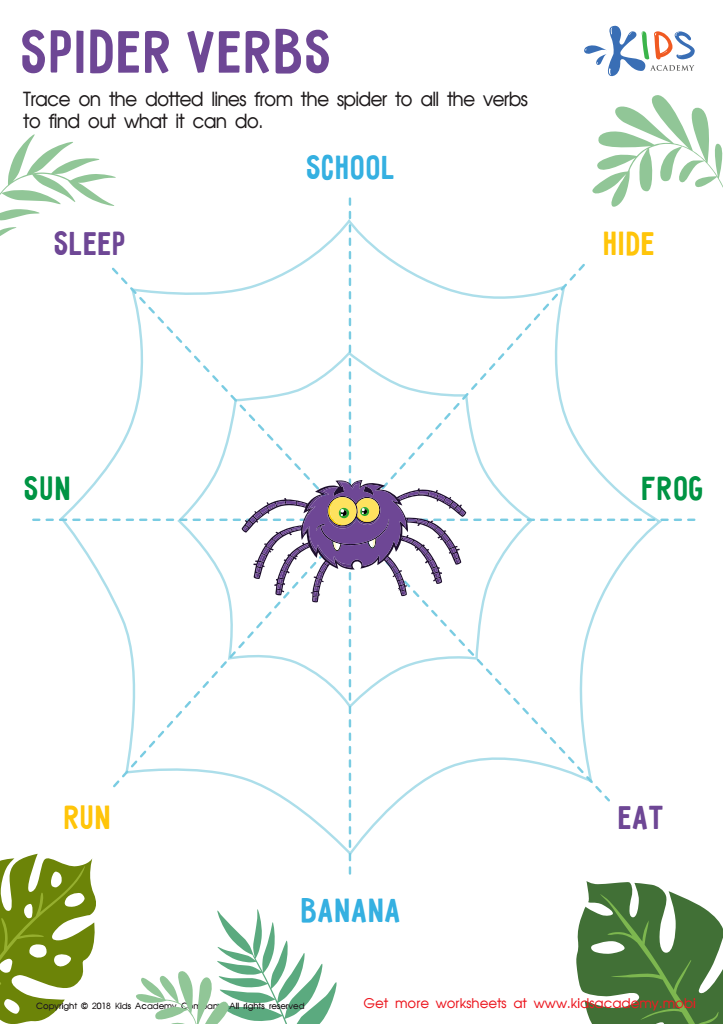

Spider Verbs Worksheet
Vocabulary development and grammar for ages 3-7 are critical for a child's academic and social success. At this formative stage, children’s brains are exceptionally receptive to learning new words and concepts. Enriching their vocabulary provides them with the tools to express themselves clearly, understand instructions, and interact meaningfully with peers and adults. A robust vocabulary contributes to better reading comprehension, enabling children to grasp concepts in stories or informational texts, which further stimulates cognitive growth and curiosity.
Grammar, on the other hand, is equally vital as it empowers children to construct coherent sentences, an essential skill for effective communication. Proper grammar use helps children to follow and deliver instructions accurately, an important factor for classroom efficiency and learning.
Moreover, early mastery of vocabulary and grammar impacts long-term academic achievement. Research shows that language proficiency in early years is a strong predictor of later success in reading and writing. For teachers and parents, fostering a rich language environment through conversations, reading aloud, and engaging activities can make a significant difference.
By investing in vocabulary and grammar development during these early years, we equip children with foundational skills that will benefit them throughout their education and beyond, fostering confidence, comprehension, and critical thinking.
 Assign to My Students
Assign to My Students
